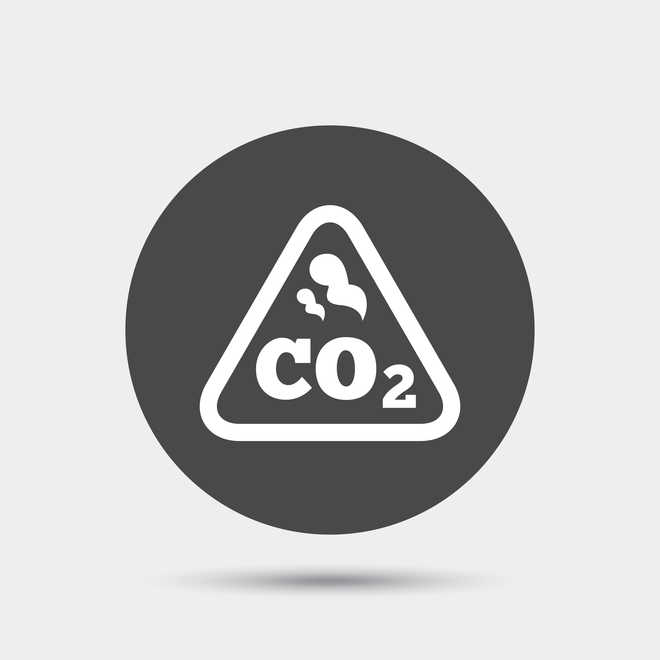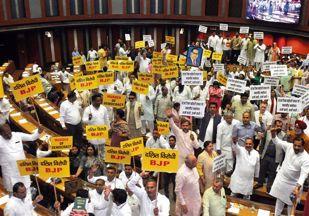
Photo source: Thinkstock
London
A decline in atmospheric carbon dioxide (CO2) levels led to a fundamental shift in the behaviour of the Earth's climate system around one million years ago, according to a study.
Scientists showed that the growth and changing nature of continental ice sheets, about a million years ago, coincided with a cascade of events that ultimately lowered atmospheric CO2 during glacial intervals — periods when the Earth experienced extreme cold.
The researchers led by the University of Southampton in the UK have found that this change was key in triggering what is known as the Mid-Pleistocene Transition (MPT), which lasted around 400,000 years.
The MPT had long lasting effects on the frequency at which the Earth transitioned between periods of warm and cold climate, (the 'ice age cycles').
For much of the last three million years the Earth's climate naturally cycled every 40,000 years from frigid glacial intervals, where continental ice covered much of North America and Europe, to warm interglacial climates like the pre-industrial period, when Europe and North America were largely ice free.
These ice age cycles, also known as Milkovitch Cycles, are paced by regular changes in the way the Earth orbits the Sun and spins on its axis, caused by the gravitational pull of the other planets in our solar system.
Around one million years ago, during the MPT, the period of the cycles abruptly changed to every 100,000 years.
However, this transition is not accompanied by a change in the nature of the orbital cycles and so represents a significant challenge to the Milkovitch Theory to explain ice age cycles.
"We know from bubbles of the ancient atmosphere trapped in Antarctic ice cores that changes in atmospheric CO2 accompanied the more recent ice age cycles," said Tom Chalk, a post-doctoral fellow at the University of Southampton.
"CO2 was low when it was cold during the glacials and it was higher during the warm interglacials - in this way it acted as a key amplifier of the relatively minor climate forcing from the orbital cycles," said Chalk, who jointly led the study published in the journal PNAS. PTI



























